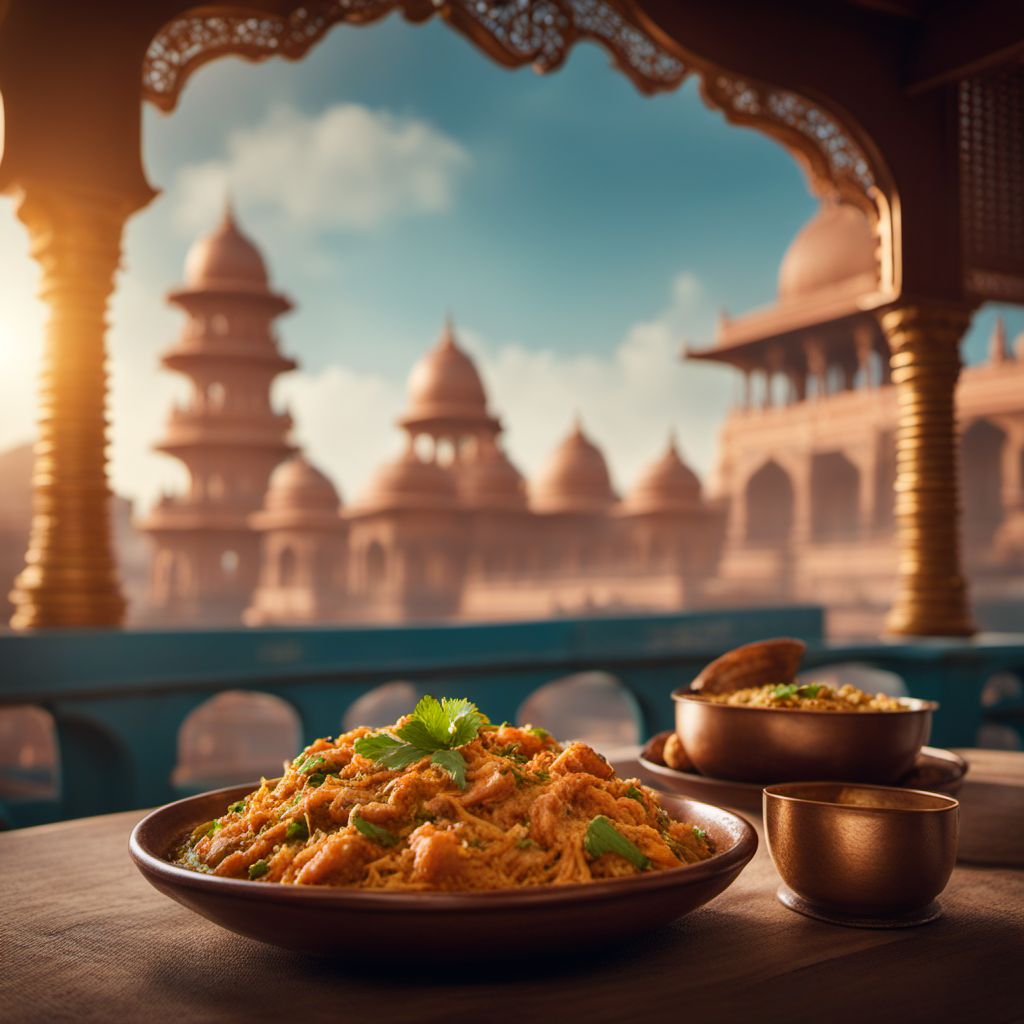
Cuisine
Indian vegetarian cuisine
Indian vegetarian cuisine is known for its bold flavors and complex spice blends. Dishes are often rich and hearty, and they are designed to be both satisfying and nutritious. Indian vegetarian cuisine can be found in a variety of styles, from traditional regional dishes to modern fusion cuisine.
Typical ingredients
Rice, Lentils, Chickpeas, Vegetables, Dairy, Spices, Herbs
Presentation and garnishing
Indian vegetarian dishes are often presented in a colorful and vibrant way, with a variety of garnishes and accompaniments. They are often served with rice or bread, and they may be accompanied by chutneys, pickles, and other condiments.
Indian vegetarian cuisine has a rich history and culture, and it has influenced culinary traditions around the world. It is a testament to the diversity and complexity of Indian cuisine.
History
Vegetarianism has a long history in India, with roots in various cultural and religious traditions. Indian vegetarian cuisine has evolved over thousands of years, with each region of the country developing its own unique style of cooking. Today, Indian vegetarian cuisine is enjoyed by millions of people around the world.
Cultural significance
Indian vegetarian cuisine is an important part of Indian culture and tradition. It is often associated with religious and spiritual practices, as well as health and wellness. Indian vegetarian cuisine is also a way for people to explore new flavors and ingredients, and to connect with the rich history and culture of India.
Health benefits and considerations
Indian vegetarian cuisine is often high in protein and fiber, and it can provide a range of health benefits, including improved digestion, lower cholesterol levels, and reduced risk of chronic diseases like heart disease and cancer.
Indian vegetarian cuisine recipes Browse all »

Indian Spiced Coconut Cake
Exotic Masala Coconut Delight

Spiced Potato Curry with Fragrant Basmati Rice
Aromatic Potato Curry: A Spicy Delight from India

Indian Spiced Brown Bread
Masala Brown Bread: A Spicy Twist to a Classic

Indian Spiced Stuffed Pasta
Masala-filled Casoncelli: A Fusion of Italian and Indian Flavors

Indian Spiced Chestnut Cookies
Masala Chestnut Delights: Indian Spiced Chestnut Cookies
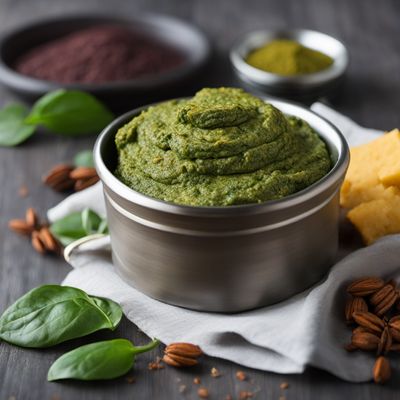
Spinach Soufflé with Indian Twist
Spiced Spinach Soufflé: A Fusion of French and Indian Flavors
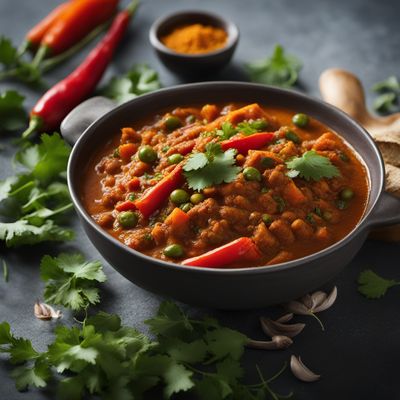
Indian Spiced Vegetable Stew
Savory Delight: Indian Spiced Vegetable Stew
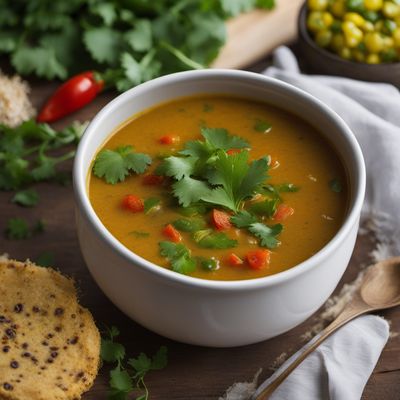
Indian-style Fava Bean Soup
Spiced Fava Bean Delight: A Flavorful Indian Twist on a Mexican Classic

Crispy Banana Fritters with Indian Twist
Spiced Banana Pakoras: A Crunchy Delight from India

Indian Fruit Curry
Spiced Delight: Indian Fruit Curry
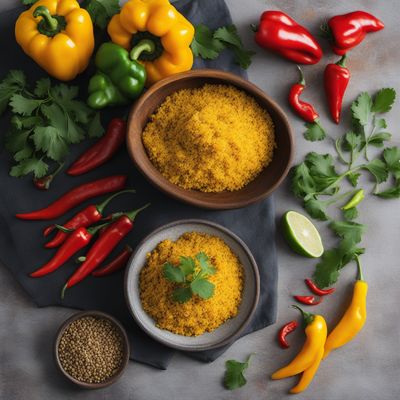
Quinoa and Yellow Pepper Pulao
Golden Pulao: A Vibrant Quinoa and Yellow Pepper Delight

Indian Spiced Tandoori Paneer
Tandoori Paneer Tikka: A Spicy Twist on Indian Vegetarian Delight